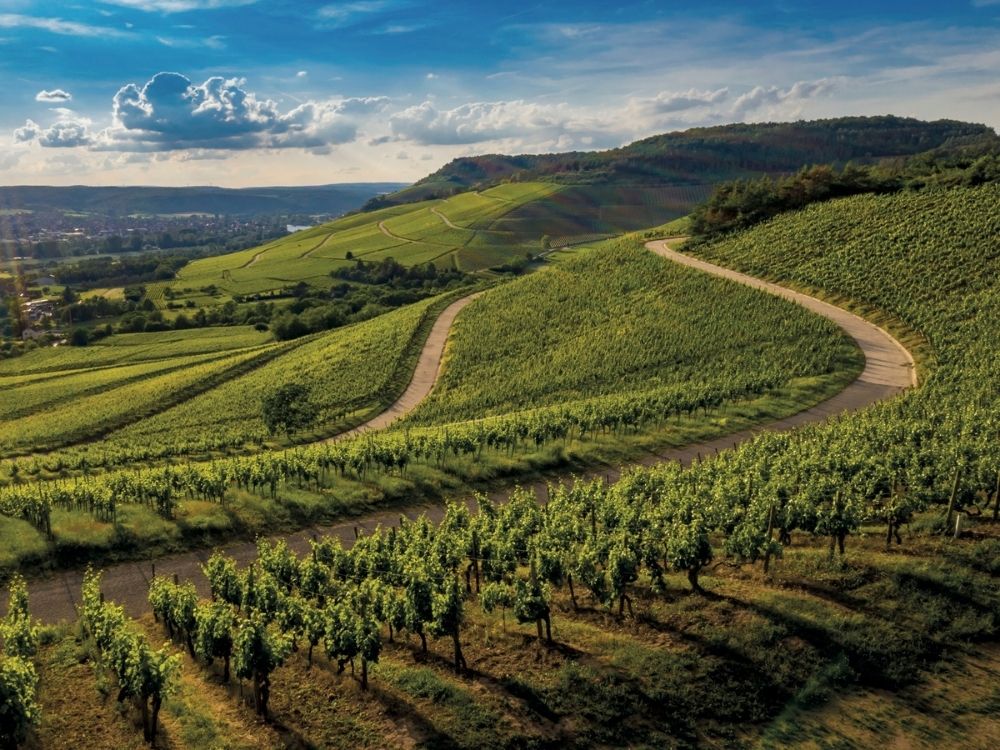What do we mean when we talk about wine
Buying a bottle of wine is an act that transcends the commercial aspect. Wine, which is otherwise defined by distinguished disseminators as a odorous liquid, brings with it a wealth of history, skills, passion and craft worth mentioning in this first article of the heading “Winology”.
Follow us
History
Try to take a bottle from its neck, turn it upside down and look at the contents against the light, possibly on a white background. The shades of colors that will be seen in your eyes, they prove a millenary history which, together with the holfactory, taste and the sincere and indelible emotions that the liquid ororous can provoke, makes wine an essential part of the culture of many peoples. The first traces of wine production were found in the Caucasian region, particularly in Armenia, and appear to be at least 4000 BC. Even the Ancient Testament tells us about Noé who, following the flood, leaves the ark to plant a vineyard on Mount Ararat. And we can only thank him for that. From there, wine-growing has expanded to Mesopotamia and large parts of the Mediterranean, accompanied not only economic but also cultural development of centuries-old civilization such as Greek and Egypt, to Italy and France, which have since become areas of choice for the cultivation of wine and the production of memorable wines. At the most recent times, the world's oenological history has embraced South America, South Africa and Australia, by Spanish, Dutch and European migrants respectively. In Australia, for example, there is good Prosecco produced by Venetian migrants.
Cultures
Wine characterises, defines, accompanies. It is a distinctive feature of various cultures. Try to talk about wine culture with French cousins: with most of them it will not be easy to pass on the idea that good wine can be produced even outside their national borders. Wine is intrinsically linked to the gastronomic tradition of various countries. For example, to celebrate with a good glass of wine, perhaps of its own production, is an indissoluble binome in many parts of Italy. Wine was a food for a long time. With its calorie contribution, it provided energy to the farmers who faced the lack of food with the stocks of wine from their own production. Wine has been and continues to be a noble prerogative. In his most famous book di lui, Wine to wine, Mario Soldati emphasized this aspect, especially in his visits to noble housemen who produced wine in the land owned by them, from Piedmont to Sicily. Even in France, Pinot Nero Romanée-Conti produced by one of his cousin di lui in the municipality of Vosne-Romanée, Burgundy, this was drunk by Louis XIV, the Sun King. Fortunately, however, wine is not all the same. There's the good and the less good one. Aperitif wine, meal wine and meditation wine. There are many nuances that characterize the odorous liquid.
Follow us in the next episodes on this journey to learn more about the world of wine





